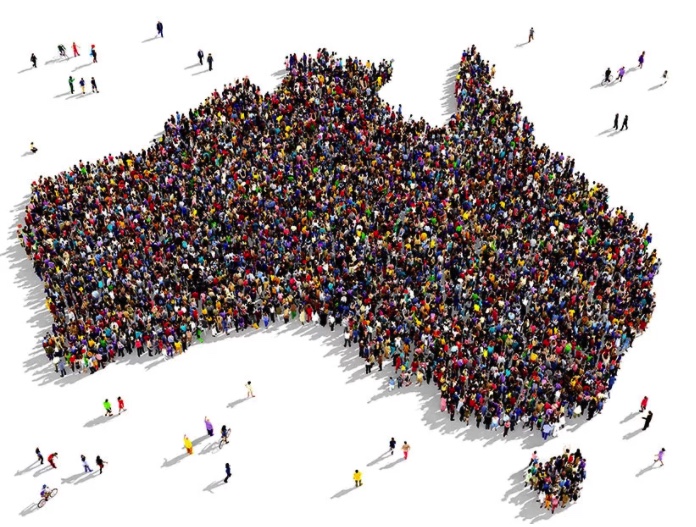
Ada Lovelace, the daughter of poet Lord Byron and collaborator with mechanical computer pioneer Charles Babbage, is credited with being the world’s first computer programmer.
Lawyer and writer Lizzie O’Shea thinks Lovelace has lessons for us today about we deal with digital technology, along with Tom Paine and the Paris Commune, neither of which have any connection with computers, or with digital technology.
She has written a book setting out her arguments: Future Histories. What Ada Lovelace, Tom Paine, and the Paris Commune Teach Us about Digital Technology. She says we need to stop trying to look forward and instead look backward if we are to prepare for our digital future. She explained her thinking in conversation with Carmel Lee, a barrister at Greenway Chambers, in a webinar hosted by the Australian Society for Computer and the Law (AUSCL) and emceed by AUSCL National Convenor and NSW President, Marina Yastreboff.
Ms O’Shea said she was moved to write the book because “it felt like we were in an age saturated in pessimism, in which phenomena like climate change threaten the lives of millions of people, inequality grows unchecked, and right-wing populism peddles fear and bigotry,” and when “appetite for radical social transformation to address these trends is often lacking.”
Digital technology, she argues, could support human ingenuity and cooperation to overcome some of the most profound challenges we face, but we are not making effective use of it to these ends.
“The tech we have is not the tech we want. It’s the tech of the wealthy, of billionaires rather than billions. … We are not making use of the potential of the digital revolution. But it’s within our grasp to change that.”
She hope the book will connect technologists with activists, makers and critical thinkers, “to help us define a collective future in the digital revolution that is more democratic.”
The book, she says, is designed to serve two audiences. “It provides an introduction to some of the key debates generated by the development of digital technology for those who have perhaps been hesitant, or even reluctant, to meaningfully engage with these topics. And it provides an introduction to some political traditions for those who perhaps are already immersed in the world of technology.”
She explains: “If you have ideas about history, then you probably have ideas about how technology should be organised and developed. And equally, if you have thoughts about technology, you might find that your criticisms of it have precedent in our past that are both rich and inspiring.”
Ms O’Shea is also a founder and the chair of Digital Rights Watch, formed in 2016 to combat the erosion of human rights in the online environment. She says society needs to question, and block if necessary, technologies such as face recognition that threaten human rights and the vulnerable. Face recognition is now widely deployed in major cities around the world, and reportedly is being used in Russia to identify and track down demonstrators supporting Alexei Navalny.
“The last few years have shown that the cracks in the digital revolution are emerging,” Ms O’Shea says. “It’s shed light on the problems that it has created. And our job is to use that light to navigate towards a more democratic digital tomorrow.”
To this end she invokes as an example the Paris Commune, which flourished for six years immediately after the storming of the Bastille in 1789.
“Some of the things they were talking about were so revolutionary, even by modern terms. … They applied a bottom-up approach to basic things like how to make decisions about when people would work. They cancelled night-time work in Paris. They abolished rents for a period. They had collective organisations that determined what kind of artwork would be on display.
“When you start to experiment with these bottom-up ideas you can see aspects of daily life that might be shaped differently, if we gave people the opportunity to have a say.”
The Internet is now a tool that enables, for good or ill, anyone and everyone to ‘have a say’, and Ms O’Shea thinks it should be better exploited to enable greater participation by individuals in public life.
With the book, she says, “I wanted to revive alternative ways of deciding what’s possible, and what’s good about society, and how deciding which direction we take can be returned to people and using the capacity of network technology to do that.”
InnovationAus.com is a media partner of the Australian Society for Computers and the Law.
First published in the InnovationAus: https://www.innovationaus.com/searching-the-past-for-a-new-digital-democracy/